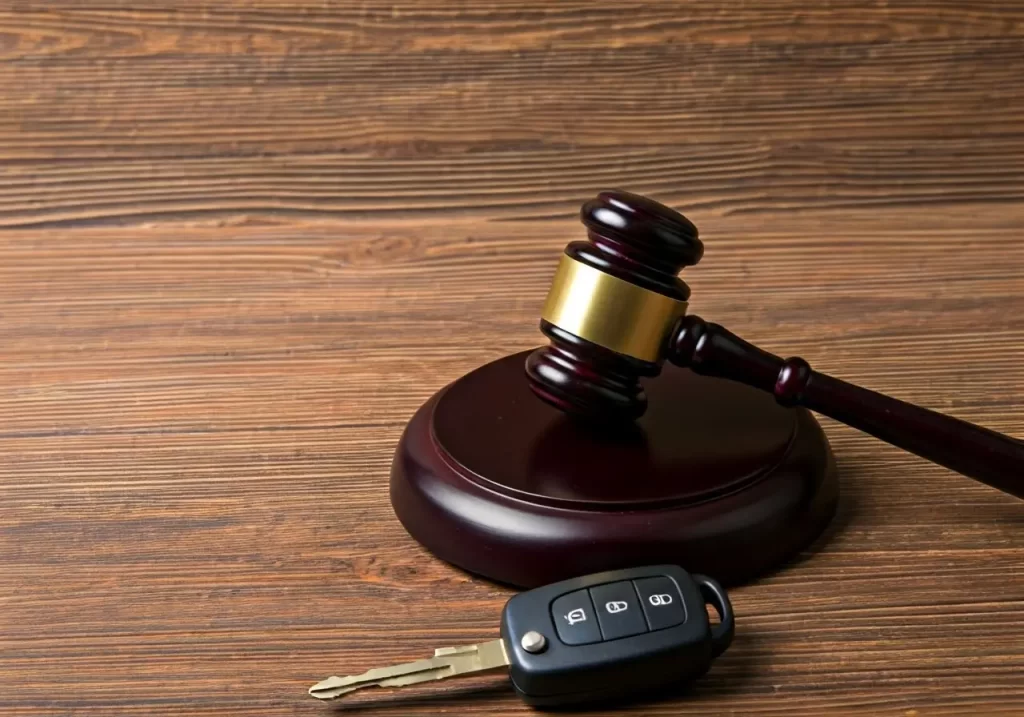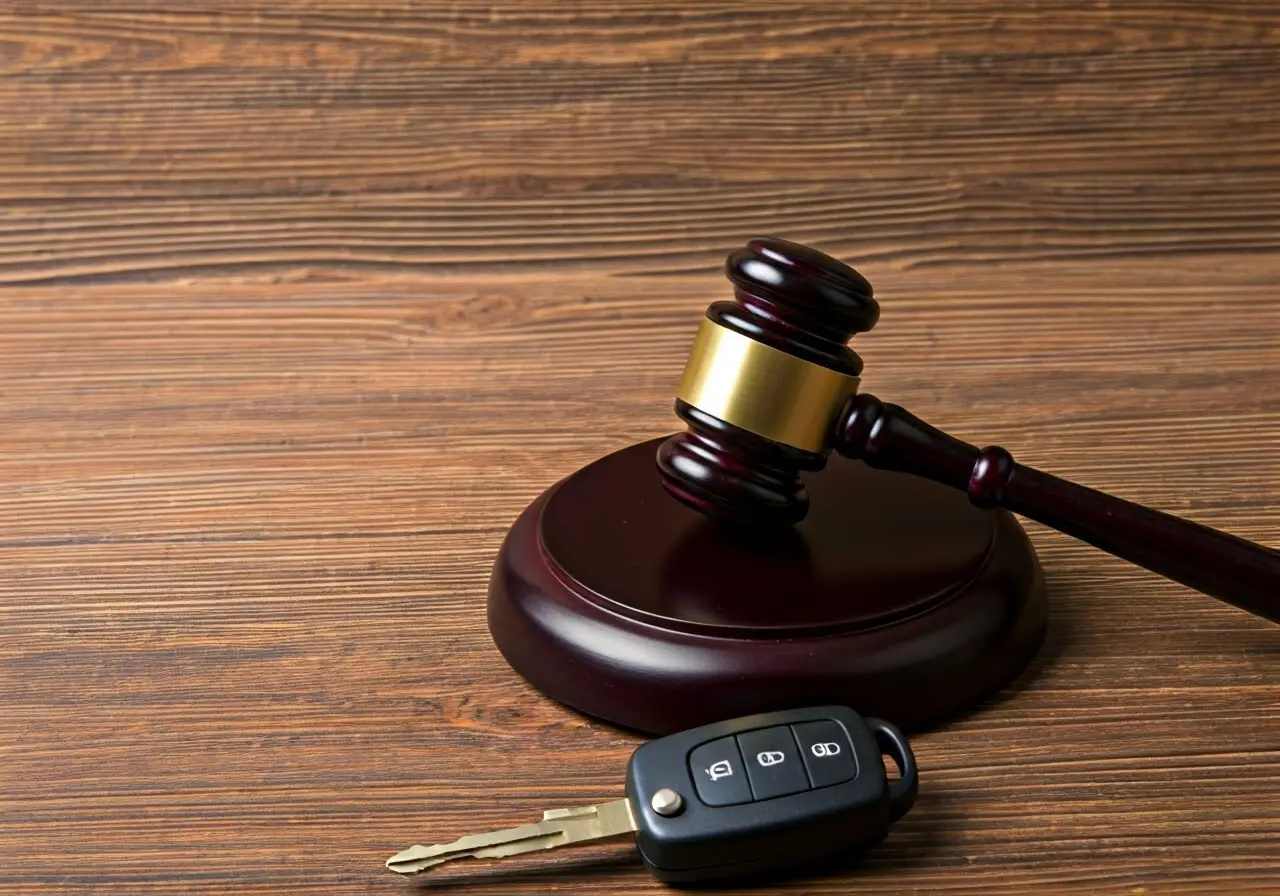Facing a DUI charge in New Jersey can be a daunting experience, with complex legal processes and potential penalties. However, understanding your rights and having a solid defense strategy can make a significant difference in the outcome of your case. This blog will guide you through the essentials of a DUI defense strategy in New Jersey, ensuring you are well-informed and prepared.
Understanding DUI Laws in New Jersey
New Jersey’s DUI laws are designed to be strict, reflecting the state’s commitment to reducing alcohol-related traffic incidents. The penalties for a DUI offense can include substantial fines, license suspension for up to one year, and even imprisonment, particularly for repeat offenders. Understanding these legal parameters is crucial for anyone facing a DUI charge. The degree of punishment can be influenced by many factors, such as Blood Alcohol Concentration (BAC) levels at the time of arrest. Familiarity with what constitutes a ‘per se’ DUI offense—which typically involves a BAC level of 0.08% or higher—is essential. By understanding these laws, you are better equipped to tackle the charges and prepare your defense strategy.
A unique point about New Jersey is its refusal to allow plea bargaining in DUI cases, unlike some other states, which might alter charges to lesser offenses like reckless driving. This aspect of New Jersey law highlights the need for a robust dui defense strategy that challenges every part of the case, from the arrest to testing procedures. Without the possibility of a reduced charge through plea bargaining, each case requires thorough investigation and a strategic approach. This makes understanding your rights under New Jersey law even more critical.
The Importance of Legal Representation
Legal representation is not just about having someone to stand with you in court; it encompasses having an expert who understands the intricacies of DUI laws and the local legal system. In New Jersey, this means understanding the nuances of field sobriety tests and the procedures police are required to follow. A skilled DUI attorney can help to identify procedural errors, unreliable results from breath tests, or other aspects that might work in your favor. By examining every detail, your attorney can help to build a defense that is tailored to your specific situation. Their expertise can not only provide peace of mind but also potentially lead to a more favorable outcome.
Beyond navigating legal complexities, having an attorney allows you to focus on other aspects of the situation, such as maintaining employment and family responsibilities. Public defenders, while dedicated, often handle many cases simultaneously and may not be able to provide the personalized attention required for a DUI case. Instead, hiring a specialist in DUI defense in New Jersey can allow for more personalized strategies and careful examination of the evidence. This can make a significant difference, not just in the court’s decision, but also in managing the experience as a whole. Learn more about the benefits of seasoned legal guidance on our legal representation page.
One often overlooked aspect of hiring a defense attorney is their ability to negotiate with prosecutors before a case even reaches the courtroom. This discussion can involve negotiating alternative sentencing or highlighting the human elements of a case, such as a defendant’s standing in the community or their history of good conduct. Such negotiations can sometimes lead to less severe penalties or charges being dropped entirely. Knowing that a professional is handling these important discussions removes uncertainty and allows you to organize a strategy that addresses all facets of the case, from legal to personal.
Challenging the Validity of the DUI Stop
The initial stop during a DUI arrest is often the first point of contention in developing a legal defense. For a stop to be valid, the arresting officer must have ‘probable cause’, a reasonable belief that a traffic violation or a crime has occurred. Attorneys often explore whether this criteria was met when reviewing the details of a DUI stop. A missing or vague justification can lead to dismissal if evidence is deemed inadmissible. Therefore, scrutinizing the rationale behind your traffic stop is a fundamental part of your defense strategy.
Another element to explore is the manner in which the DUI stop was conducted. This includes assessing whether your rights were maintained throughout the stop and ensuing arrest. Any infringement on your rights can become a cornerstone of the defense strategy. For instance, if you were pulled over in an area without proper signage or specific dealing with unwarranted searches, these factors can critically weaken the prosecution’s case. Thoroughly investigating these details demands the experienced eye of a DUI defense attorney, who can offer insight into potential mistakes and policy violations during the initial stop.
Examining Breathalyzer and Sobriety Test Results
Breathalyzer results are often a key piece of evidence in DUI cases. However, these devices are not without their faults. Calibration errors, improper administration, and even certain medical conditions can impact the BAC readings. Anomalies in your test results can often be challenged by your attorney, especially if there are inconsistencies or unclear protocols followed during its administration. Understanding the limitations and potential inaccuracies associated with these devices can provide a substantial advantage in your defense strategy.
Similarly, field sobriety tests—the physical tests officers use to determine a driver’s impairment—are subject to human error and misinterpretation. Conditions such as poor lighting, uneven surfaces, or your physical health can all affect the outcome of these tests. Challenging these test results requires not only legal knowledge but also an understanding of the science behind these evaluations. This is where your attorney’s expertise is invaluable, as they can point out such discrepancies effectively, which might sway the judge or jury’s perception of the evidence against you.
Exploring Alternative Sentencing Options
For those seeking to minimize the long-term impacts of a DUI conviction, alternative sentencing options can provide a less punitive path. Programs such as probation, community service, or participation in alcohol education classes can replace traditional sentences like jail time. Not only do these options encourage rehabilitation, but they also allow individuals to continue supporting their families and maintaining employment, a critical consideration for many.
Successfully negotiating for alternative sentencing often involves demonstrating to the court your initiative in taking responsibility for your actions and showing commitment to change. Factors such as a clean prior record and active participation in community programs can be persuasive arguments in favor of alternative sentencing. Furthermore, being proactive in discussing these options ahead of court proceedings can help in securing lesser penalties. A well-prepared attorney can craft a compelling case for alternative sentencing, emphasizing your genuine efforts toward rehabilitation and societal contribution.
In some instances, participating in an Ignition Interlock Device (IID) program, where a driver must complete a breath test before starting their vehicle, is an option that might be part of the alternative sentencing. These devices deter repeat offenses and demonstrate compliance with court mandates, supporting claims for restricted driving privileges during a suspension period. If implemented successfully, alternative sentencing can act as a catalyst for personal growth while offering a second chance, which is invaluable in rebuilding trust and future opportunities.
Empower Yourself with Knowledge and the Right Strategy
Navigating a DUI charge in New Jersey requires understanding your rights and having a well-prepared defense. By being proactive and informed, you can protect your future. Remember, the choices you make now can greatly influence the outcome of your case. Always consider seeking professional legal advice to tailor the best strategy for your situation. To learn more about how we can help, visit our homepage.


